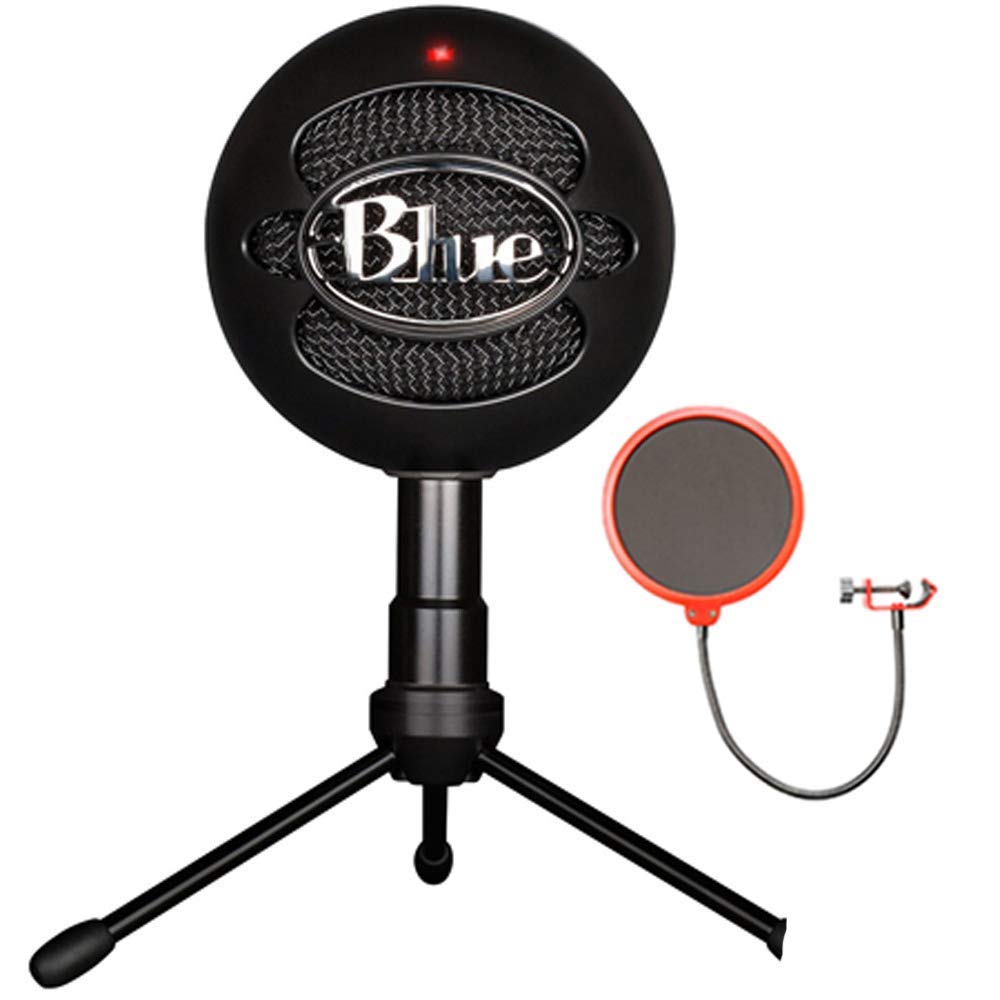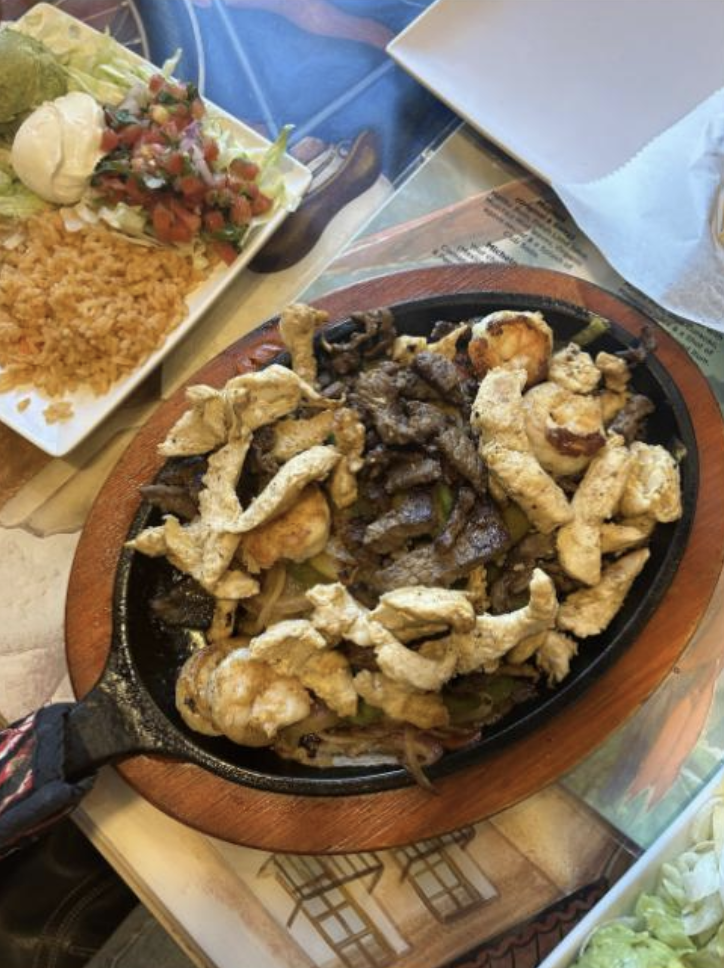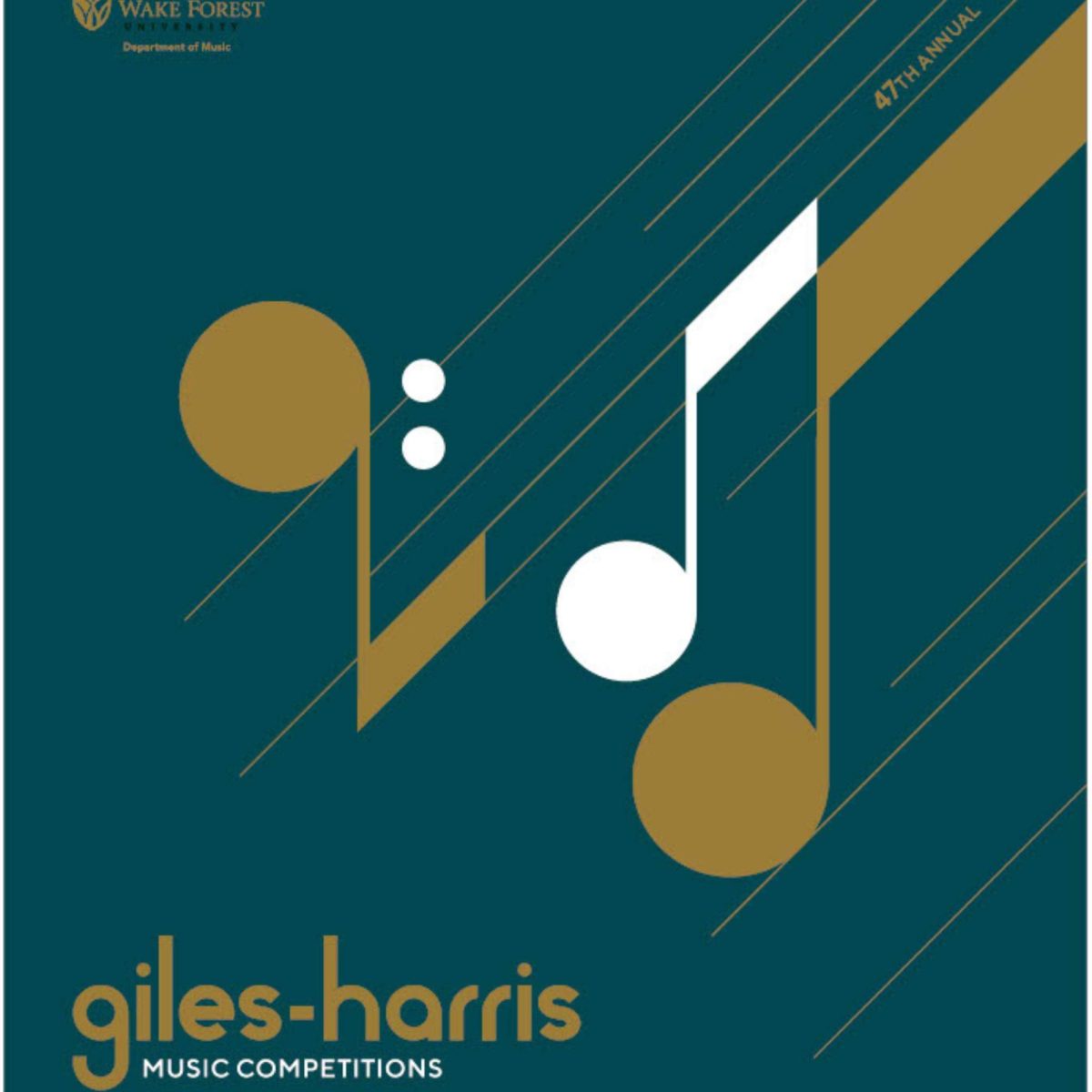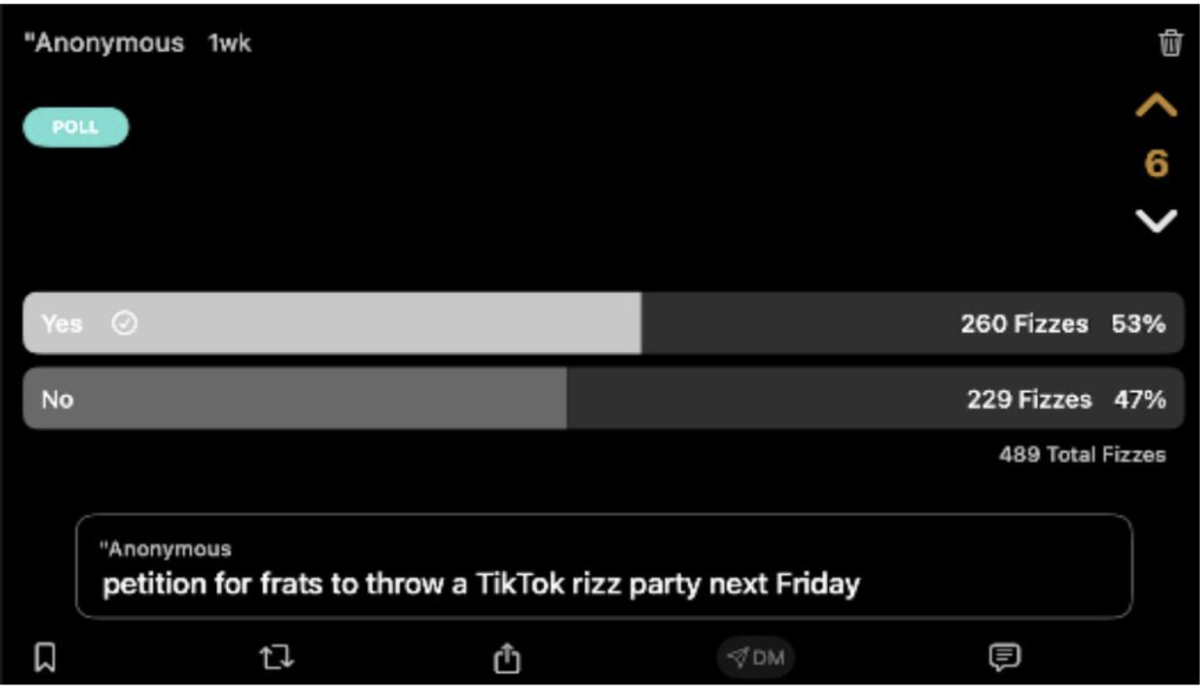Maybe it’s just me, but it seems like everyone and their mom is either a podcast fiend or starting their own podcast. I am not here to knock podcasts. Like many, I am a big fan of the medium. Rather, I am here to show just how easy it is to start your own.
The key to a good podcast is having an idea or topic you want to focus on. When I was thinking about the topic for my podcast, I had many different ideas, but narrowing it down is key. You want to make sure the topic has enough material, but not so much that it is too broad.
Let’s say you wanted to run a podcast about “sports.” This topic is too large, you need to narrow it down to maybe the NBA; however, narrowing it down to just one single player on a team is too slim. Once you have your focus down, it is key to get those creative juices going because a title is needed.
A title is one of, if not the, most important aspects of a new podcast. It doesn’t matter if your podcast is full of great material if the title is boring and won’t draw people in. When I started to create my own podcast I knew I wanted it to be humor-based revolving around my friends and me. I know, I know, narcissistic much? I digress, but I knew that the premise wasn’t original or new enough to just work without a catchy title.
At first I was thinking Juulin’ with the Judes or The Greasy Boys and hoped Moe’s Southwest Grill would sponsor us. After a while though, I decided on Dumpster Diving with David. Again, I know, narcissistic much? My thought was, it was grey enough to fill with my trash humor, but also concreate enough that it could be a podcast about a kid, David, who dumpster dives.
Okay, so you have your title? Everything else comes into place easily. From here you will need some equipment. You need a microphone, computer, a podcasting distribution website, a graphic or two and of course you need to record. While most computers have microphones built in, most podcasters use external mics. I use a Blue Snowball Microphone, but most will work. Considering that a podcast is all about the sound, I recommend a quality microphone.
The location you decide to record in is a big deal. Finding a place with as little outside noise as possible is key so listeners aren’t overexposed with noise beyond your voice. I usually record in my suite when I know no one is going to be home. Just don’t record in the Pit and if you plan to record outside, make sure you have the correct mic, so a gust of wind won’t destroy your audio.
Once you have your recording, you will need your computer and one of the many audio editing software programs. I used Adobe Audition because it is, in my opinion, the best audio editing software out there and Wake Forest provides it and the rest of the Adobe workshop to students for free. However, it can be intimidating, so if you want something more user-friendly, look at Audacity or GarageBand.
Now that you have your podcast recorded and edited, you need to think about how often you plan to publish. In the start, try to keep to a steady schedule that is realistic to you. Once a week or every other week is a solid plan. If you record for an hour and edit for an hour, that is only a two-hour commitment every week or two respectively. But where are you going to publish it? There are many websites to host your podcast from SoundCloud to iTunes. I use SoundCloud because more people have access to this platform, since some people don’t have iTunes or an Apple device, but it’s up to you.
The last part is advertising your podcast to the world. Of course, you are posting it online, but sharing it on social media, sending it to your friends and forcing your parents to listen is the key in making sure everyone knows of your creative adventure with audio. Good luck, and maybe your podcast will be the next big thing dominating the ears of the podcast patron army.







